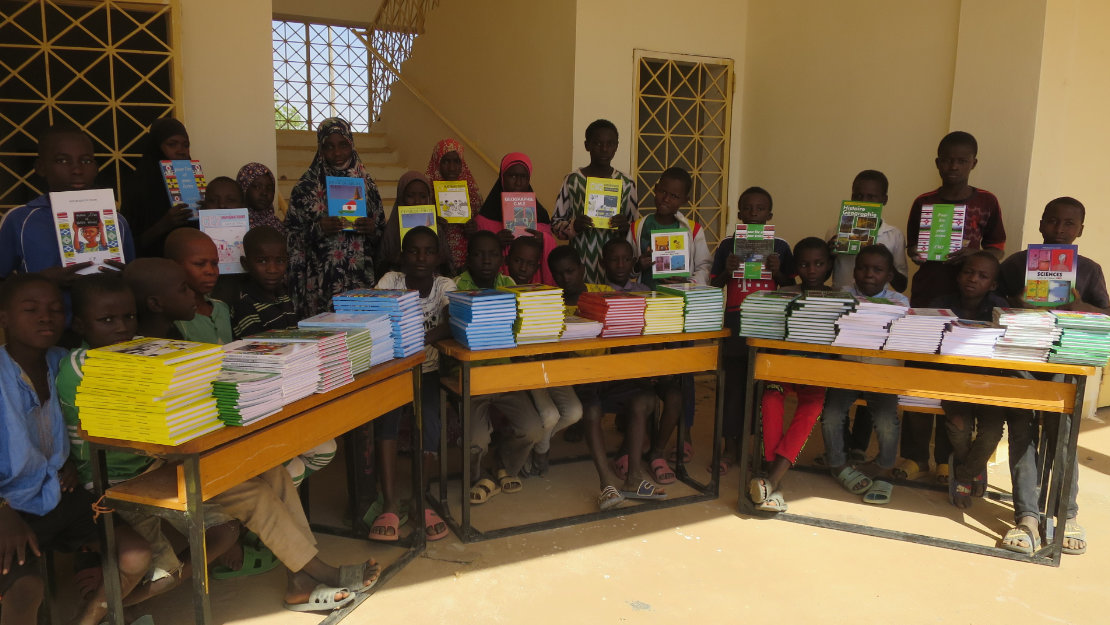news28.06.2021
Successful Completion of the Primary School Programme in Niger
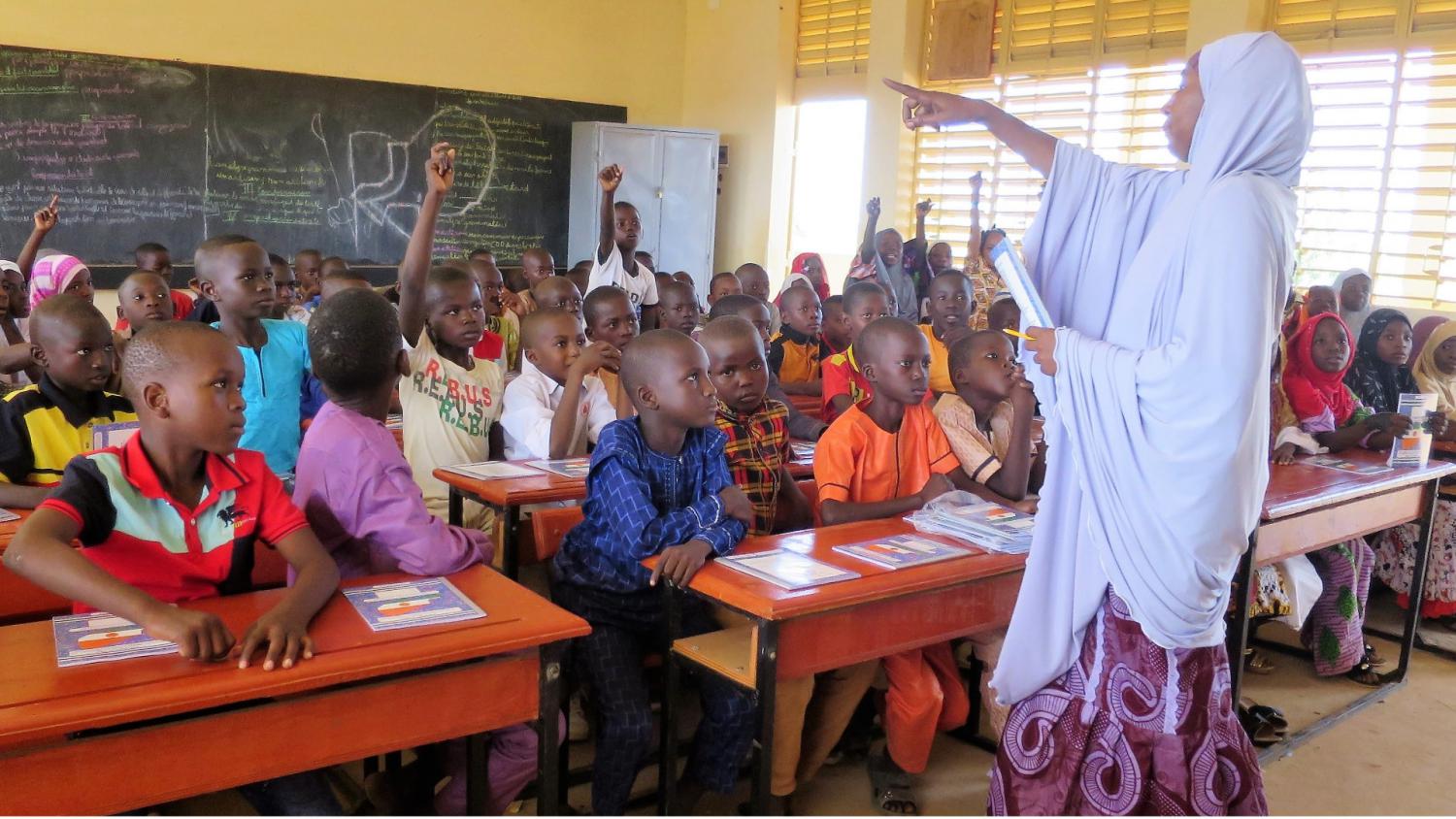
Quality Education is one of the Sustainable Development Goals of the United Nations. Education is a key factor to escaping poverty. Despite progress made in the last decade, nearly one fifth of the global population in the relevant age group has no access to schools. The ongoing COVID-19 pandemic now jeopardizes hard won gains made in improving global education.
In this context it is even more important that in Niger, one of the poorest countries worldwide, more than 200 new classrooms could be handed over to the beneficiaries despite the pandemic in the final stage of the construction.
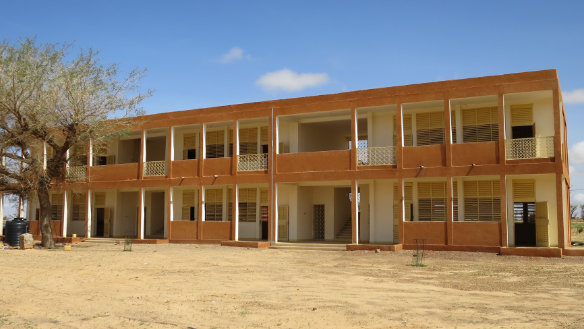
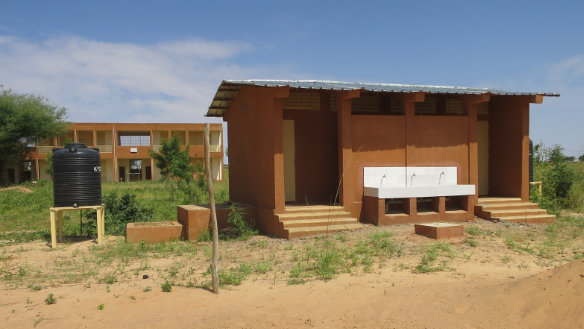
The project was carried out in Niamey as well as in the rural regions of Tillabéri and Tahoua, both partly very remote and characterised by unstable security. It included the construction of primary school classrooms, latrines and housing for teachers, as well as equipping school furniture and equipment for servicing, maintenance and education. The project created 126 classrooms in Niamey and 120 classrooms in the rural regions of Tillabéry and Tahoua, providing a total of 12,600 school places in 41 primary schools.
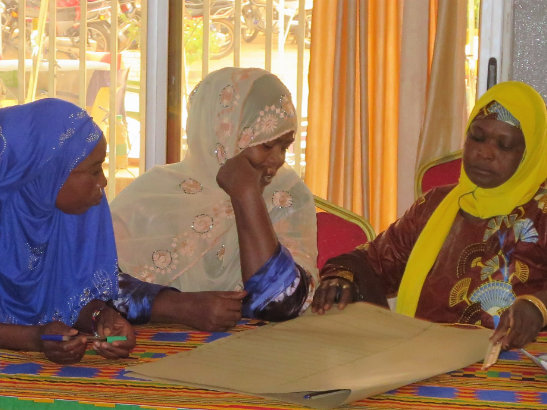
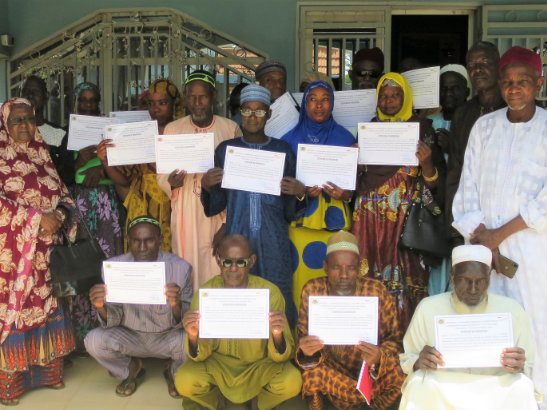
The Programme further included accompanying measures for the promotion of girls’ schooling as well as strengthening the communities, namely by empowering the local parent committees in the creation of activities in the new school buildings to generate additional income. These measures contribute to more confidence in the value of education and to solving the problems of the schooling of their children.
